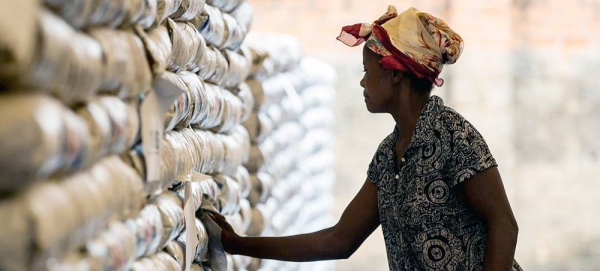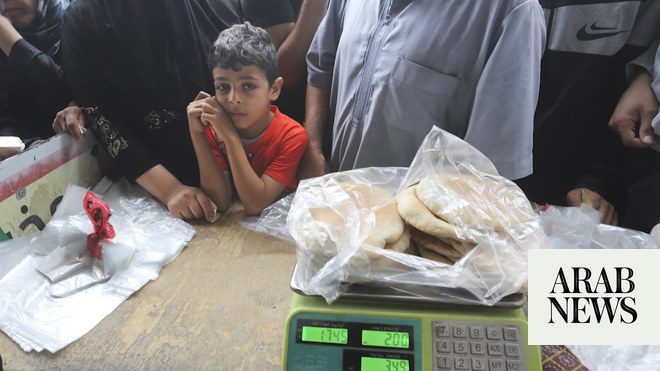
UN humanitarians issued an urgent appeal on Tuesday to help millions of people in the Democratic Republic of the Congo (DRC) where chronic violence and displacement continue to fuel a dramatic hunger crisis.
According to the UN World Food Program (WFP), since March 2022 alone, 5.7 million people have been displaced in the eastern provinces of North Kivu, South Kivu and Ituri.
Overall, 6.2 million people have fled their homes across the country — the highest number in Africa.
“The country is continental in size with acres of space, but millions of people have no choice but to live in very overcrowded and squalid camps,” or with already overburdened host families, WFP spokesperson for southern Africa, Tomson Phiri, told journalists in Geneva.
Today, as a result of the lawlessness associated with some 120 non-state armed groups, the UN agency has struggled to deliver vital relief to vulnerable communities where negotiating access is “an ongoing challenge”.
“It takes WFP on a very good day, four days to deliver food assistance from Goma, which is the capital in the east, to a place called Beni, which is 241 kilometers away,” Phiri said. “But it is taking us between three to four months to do so today because of insecurity.”
Phiri, who maintained that the humanitarian catastrophe was a “classic example” of a forgotten emergency, explained that displacement has driven food insecurity as people are driven off their land and left unable to grow food.
Latest projections indicate that 25.8 million people in the DRC will face acute food insecurity in 2023 — the highest number worldwide.
So many are going hungry despite the country’s natural wealth. Paradoxically, the DRC produces precious metals which supply the world’s most advanced technologies, the WFP spokesperson said.
In addition to surging violence in the east, today’s climate crisis continues to claim lives and livelihoods. At least 400 people died in disastrous flooding in South Kivu last month and 3,000 homes were destroyed, driving further displacement.
Now more than ever, host communities also face the risk of hunger, Phiri warned, as WFP ramps up assistance to reach 3.6 million people over the next six months.
So far this year, however, only 15 percent of the $870 million required for the humanitarian response in the country has been sourced, Phiri noted.
“We need investment in all facets of life in the DRC: infrastructure, basic services, but most importantly, we need peace,” he insisted. — UN News










